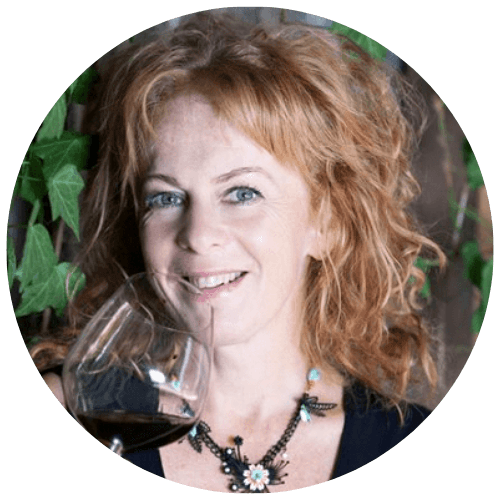What do you do when you can't drink alcohol?
It's not a question that most wine lovers want to answer but bubbles might go some way to distracting the mind and the mouth from the fact that there is no alcohol in zero alcohol wine. This month is the time to find out because the leading producer of zero alcohol wine in New Zealand is launching its first zero alcohol sparkling wine. It is, like all of the zero alcohol wines made by the Giesen Group, a beverage that began life as a wine and has had its alcohol removed.
The Giesen Group first produced zero alcohol wines when the winemaking team was taking part in an informal no alcohol month.
"It was partly about focussing on health and fitness and partly to see if we could all make it through a month without drinking wine," says Giesen director of winemaker Duncan Shouler, who admits he struggled, not least due to enjoying the taste of wine.
This was a major impetus in the company's quest to make a new take on wines which have had their alcohol removed.
"We were already involved in making lighter alcohol wines but could only see it going so far. When we were not drinking as a group at work, we looked at the market and thought that it would go to an all or nothing area and that's how it started for us."
Shouler says the biggest challenge is that removing alcohol also removes aroma and flavour.
"The best way to start making wines without alcohol is to have plenty of something to begin with. So we started with Zero Alcohol Sauvignon Blanc and it was our health initiative that spawned the idea. We had a health initiative at the company where we had to count steps, not eat fatty food and not drink and we all signed up for it and then came to the horrible realisation that we could not drink wine for a month. That was back in 2019 and we had a look around for zero alcohol alternative wine and we couldn't find anything we liked, so we decided to make one."
The first wines were made in Hawke's Bay with grapes from Marlborough sent by truck to the Hawke's Bay Wine Company, which has a spinning cone to remove alcohol. Now, Giesen has its own spinning cone and that has resulted in the biggest improvement in taste, says Shouler.
"There is more quality control without the travel and being able to do it in-house in Marlborough."
Another focus of Giesen's zero alcohol wine programme was the concept of making dry alcohol removed wines, which still taste of wine.
"We looked at other zero alcohol wines and they were mostly sweet, which is an easy way to replace the taste that comes with alcohol but the problem is that you lose the vinous character, which is dry, so we wanted to go drier than the competition."
Sauvignon Blanc was the most obvious place to start because it is the most planted grape in Marlborough but the company has now extended its zero alcohol winemaking to rosé (light and dry-ish), Riesling (bold and succulent but sweet) and Pinot Gris (very light).
The format of a month long long drinking challenge was a competitive one, says Shouler.
"We all really enjoyed it and it was a challenge for us not to drink wine for month."
A cyclist working for the company won the challenge but the month without alcohol forced the entire Giesen winemaking team to refocus their thinking about drinking.
And when it comes to no alcohol wines, the biggest growth is, currently, in the United States.
"We are now the number one zero alcohol Sauvignon Blanc and Rosé in the States. It's really significant growth there with 254% increase in zero alcohol wines from 1 July 2021 to 1 July 2022," says Shouler.
"It's a category that does challenge you as a winemaker and at the very least, we have to be very aware of it. In my view, it is growing because consumers are talking about it and it's in the hands of the industry to provide them with factual information and to develop technology to make products that continue to get better. We are only at the beginning of this and the challenge is to make really good zero alcohol wines that are convincing in taste."
Bring on the zero alcohol bubbly.



